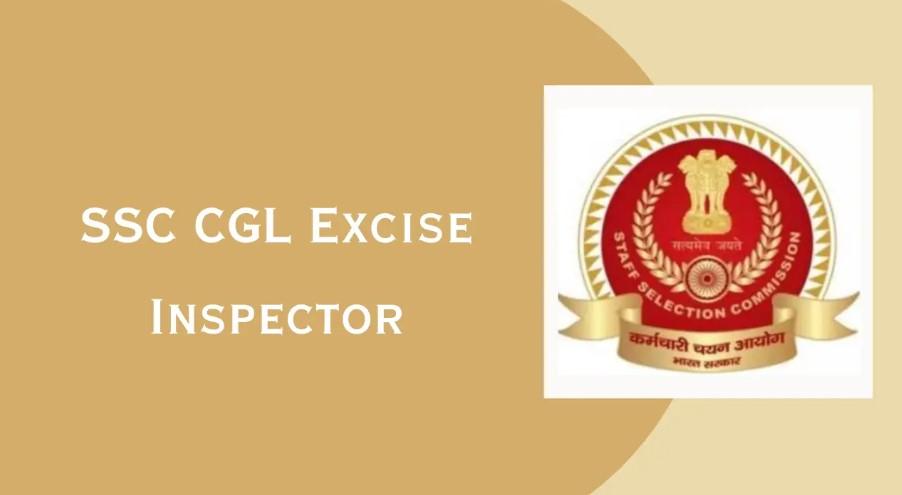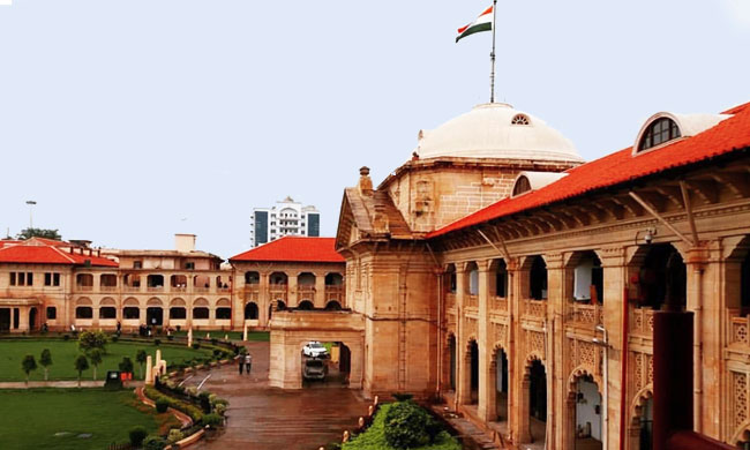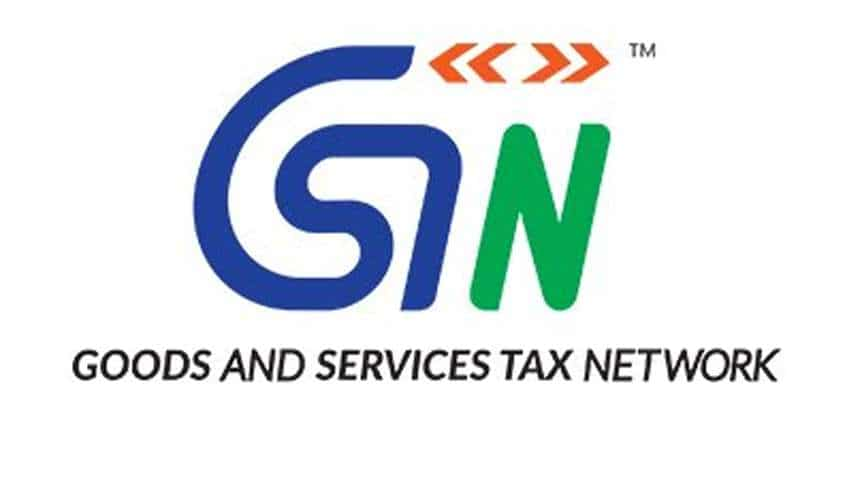A Glance at GST
What is the GST? GST or the Goods and Services Tax is an indirect tax that brings together most of the taxes that are imposed on all goods and services (except a few) under a single banner. This is in contrast to the current system, where taxes are levied separately on goods and services. The GST, however, is a comprehensive form of tax based on a uniform rate of tax for both goods and services. However, the GST is payable only at the final point of consumption.
In 2000, Vajpayee Government started discussion on GST by setting up an empowered committee. The committee was headed by Asim Dasgupta, (Finance Minister, and Government of West Bengal). It was given the task of designing the GST model and overseeing the IT back-end preparedness for its rollout.
It is considered to be a major improvement over the pre-existing central excise duty at the national level and the sales tax system at the state level, the new tax will be a further significant breakthrough and the next logical step towards a comprehensive indirect tax reform in the country.
Keeping this overall objective in view, an announcement was made by P. Chidambaram, the Union Finance Minister, during the central budget of 2007–2008 that it would be introduced from April 1, 2010 and that the Empowered Committee of State Finance Ministers, on his request, would work with the Central Government to prepare a road map for introduction of GST in India.
Broadly, the GST will operate on the following structure:
The term ‘GST’ is defined in Article 366 (12A) to mean “any tax on supply of goods or services or both except taxes on supply of the alcoholic liquor for human consumption”.
· All Central taxes and duties like Central Excise Duty, Additional Excise Duties, Service Tax, Additional Customs Duty (CVD) and Special Additional Duty of Customs (SAD), Surcharges, Cesses etc. will be subsumed in GST.
· At the State level, all taxes such as VAT/Sales Tax, Central Sales Tax, Entertainment Tax, Luxury Tax, Lottery Tax, Octroi and Entry Tax not in lieu of Octroi, Purchase Tax etc. would be subsumed in GST.
· Article 366 (26A) provides that “services means anything other than goods”. Therefore all services will be covered under the scope of GST unless “negative list of services” are separately notified.
The Centre would levy Integrated (Inter-state) Goods and Services Tax (IGST) on all transactions related to inter-State supply of goods and services. The IGST is expected to be aggregate of CGST Plus SGST. It is not clear as to what treatment is going to be given to Consignment Transfers/Branch Transfers as separate rules would be formulated to govern the same. Forms such as C-Form, F-Form will be abolished.
Introduction of GST will impact the real estate buyers as well in a good way. The introduction of GST on property transactions would definitely warrant a change in the structure and rates of stamp duties and registration charges. The current proposal is to phase out the stamp duties and registration charges in a phased manner but if reports are to be believed the states would be allowed to levy the stamp duty charges but at a much reduced rate.
There is a big question on the compliance cost, whether it will get reduced in reality or not.
As there is introduction of two Taxes under proposed Goods and Service tax in India, First State Goods and Service Tax (SGST) and Second one is CGST and there will be separate base for both the taxes might be identical but would not be common. In such a situation, is it necessary to have two tax administration one at the centre and another at the states to implement the CGST AND SGST seperately.
So the question which should actively be agitating the minds of the trade is: will there be an administrative overhaul on introduction of the GST or will it be only a rehash of the existing administrative set up? If the latter, will GST actually reduce the compliance cost for them at all?
Further as per Finance Minister Revenues will go up after the first year of implementation. No State, including West Bengal, will lose a single penny after the implementation of the Goods and Services Tax (GST)
Whether GST remains in Files
The introduction of Goods and Services Tax (GST) would be a very significant step in the field of indirect tax reforms in India. By amalgamating a large number of Central and State taxes into a single tax, it would mitigate cascading or double taxation in a major way and pave the way for a common national market.
The base of the GST has been reduced to exclude alcohol. While petroleum products have been kept within the purview of the GST, these will be taxed at zero per cent for the initial two-three years to ensure smooth transition to the GST regime. Also the states where goods originate can levy 1 per cent additional tax over GST to make up for any revenue loss for the first two years. As regards the compensation to the states on account of any possible loss of revenue following implementation of the GST, Centre will pay 100 per cent compensation in the first three years, 75 per cent in the fourth year and 50 per cent in the fifth year.
In a strong message to West Bengal Chief Minister Mamata Banerjee, Finance Minister Arun Jaitley today said that she has a responsibility to deliver on promises and create an environment to attract investments.
“Madam Chief Minister, you have a mandate to rule the state, and therefore, you have the responsibility to deliver what was promised,” Jaitley said, while assuring the state of all possible help for developmental activities.
A Constitutional Amendment Bill to facilitate the GST was introduced in the Lok Sabha on December 19 and will be taken up in Parliament in the next session. After the constitutional amendments are passed by both houses of Parliament, half of the state legislators will have to ratify them. This will be followed by a discussion on the GST in both houses of Parliament. State legislators will also have to table and pass their own GST Bills. Still we have to wait to see whether GST will ever come out of files in India?
By CA Manish Garg | Indirect Taxation.
8586055516 | camanishgarg2011@gmail.com
Related Tags CA Manish Garg, GST














